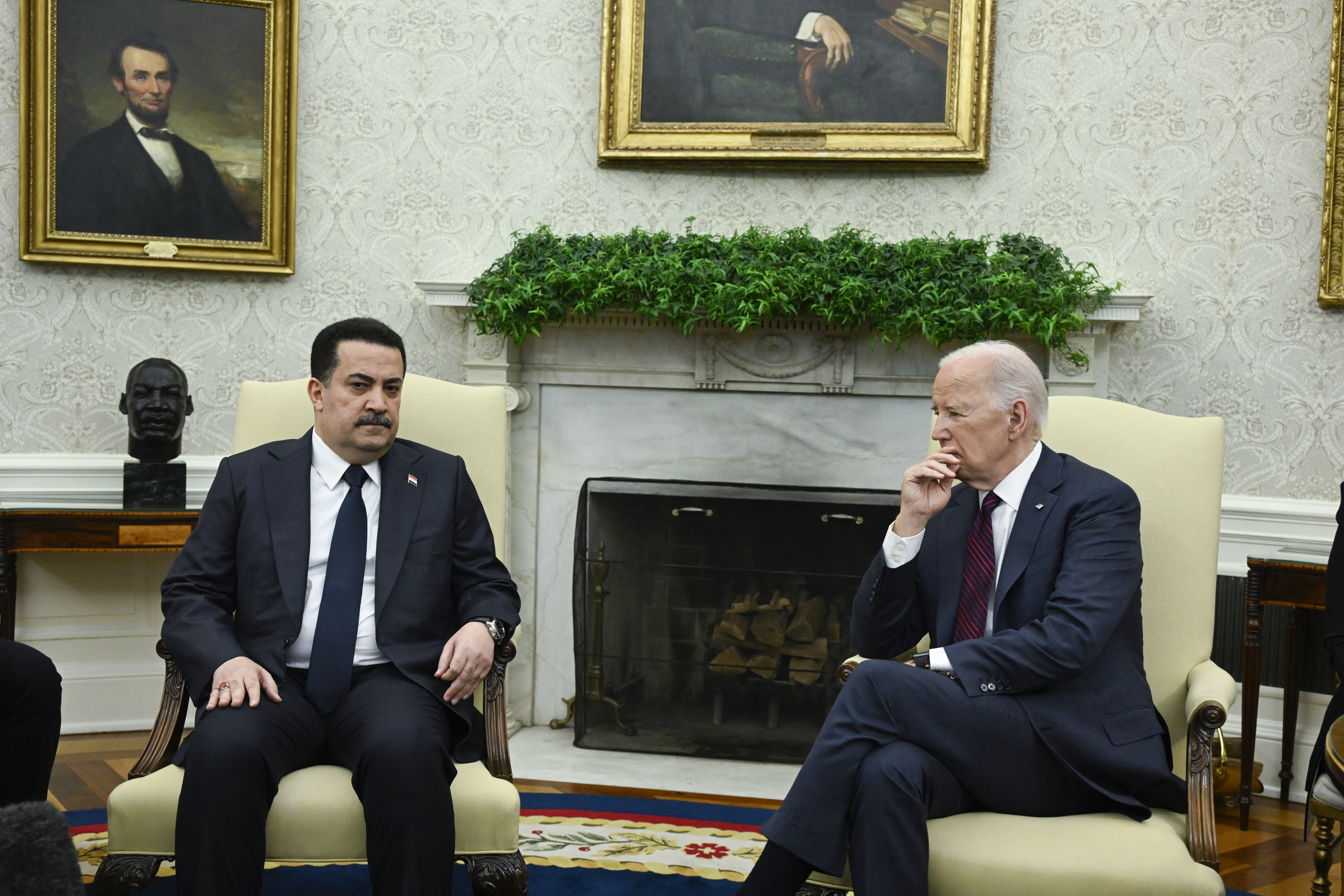Greece: In island containment: a qualitative exploration of social support systems among asylum seekers in a mental health care programme on Lesvos Island, Greece
Maria Episkopou, Emilie Venables, Katherine Whitehouse, Christos Eleftherakos, Federica Zamatto, Francisco de Bartolome Gisbert, Nathalie Severy, Declan Barry and Rafael Van den Bergh
Conflict and Health 2019 13:34
https://doi.org/10.1186/s13031-019-0218-9 © The Author(s). 2019
Received: 19 February 2019 Accepted: 9 July 2019 Published: 22 July 2019
Abstract
Background
Social support is a core determinant of health and plays a key role in the healing process of people with mental health problems and those who have been exposed to torture or other traumatic events. At the same time, social support is particularly challenging to build in such populations, as self-isolation and social withdrawal are common consequences of traumatic incidents. Defining social support is also challenging as there is no globally adequate definition. Our aim was to explore how social support was understood by Médecins Sans Frontières (MSF) beneficiaries, and how they perceived their needs on Lesvos Island, Greece to be met.
Methods
This was a qualitative study, based on exploratory free-listing interviews that explored how MSF beneficiaries on Lesvos understood and defined social support, followed by a series of in-depth interviews through which participants explained how they perceived their needs to be met. The study was conducted over a period of two weeks in August 2018, with 32 migrants and asylum seekers (22 male, 10 female) enrolled in the mental health services of MSF on Lesvos Island. The majority of interviewees were single men of African origin who had resided in Moria camp between 2 months and 2.5?years. Countries of origin include Syria, Afghanistan, Cameroon, Democratic Republic of Congo (DRC), Iraq, Iran, Nigeria, Senegal and other West African countries.
Results
Participants defined social support as the practical, informational and emotional support that people receive from organisations, friends and family members. Results revealed a lack of community links, isolation, tensions and conflict, insufficient amenities and limited orientation to services that lead to and amplify isolation, discrimination and tension. Most of the participants received little or no support both formally from organisations and informally from other migrants and asylum seekers in the camp.
Conclusions
Functional support networks are urgently required to overcome the consequences of restrictive policies which force people into containment and remove their support systems. Actors who are involved in providing social support, including MSF, are strongly encouraged to engage in activities that work towards building and strengthening peer support networks and creating a sense of community.


